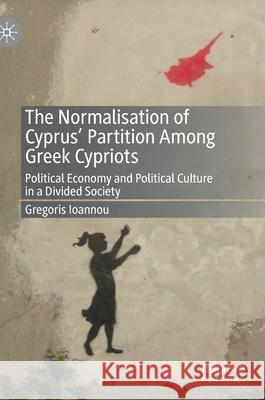The Normalisation of Cyprus' Partition Among Greek Cypriots: Political Economy and Political Culture in a Divided Society » książka
topmenu
The Normalisation of Cyprus' Partition Among Greek Cypriots: Political Economy and Political Culture in a Divided Society
ISBN-13: 9783030508159 / Angielski / Twarda / 2020 / 220 str.
The Normalisation of Cyprus' Partition Among Greek Cypriots: Political Economy and Political Culture in a Divided Society
ISBN-13: 9783030508159 / Angielski / Twarda / 2020 / 220 str.
cena 201,72
(netto: 192,11 VAT: 5%)
Najniższa cena z 30 dni: 192,74
(netto: 192,11 VAT: 5%)
Najniższa cena z 30 dni: 192,74
Termin realizacji zamówienia:
ok. 22 dni roboczych.
ok. 22 dni roboczych.
Darmowa dostawa!
Kategorie BISAC:
Wydawca:
Palgrave MacMillan
Język:
Angielski
ISBN-13:
9783030508159
Rok wydania:
2020
Wydanie:
2020
Ilość stron:
220
Waga:
0.42 kg
Wymiary:
21.01 x 14.81 x 1.42
Oprawa:
Twarda
Wolumenów:
01
Dodatkowe informacje:
Wydanie ilustrowane











